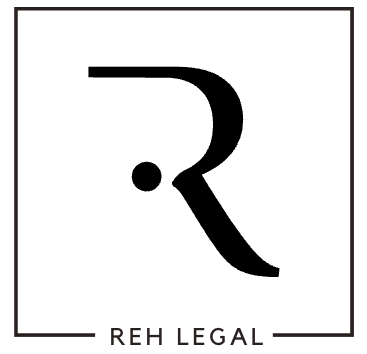Keeping Your Law Firm’s Website Ethical

A website is a great way to market legal services for many attorneys. It sounds so simple, right? Get a domain, put up some relevant content about your practice areas and experience and…voila, done. Truth be told, it takes a little more to make it an effective marketing tool but that’s a topic for another day. Yes, you want your website to attract clients but just as important as whether it’s effective is whether it’s ethical. Just like everything else in law practice, you’ve got to think about the ethical traps and, trust me, there are some there.
Your website is a vehicle for advertising your legal services. The relevant California Rules of Professional Conduct (CRPC) to keep in mind are those relating to attorney advertising and communications. You may be thinking, “I know the rules, for the most part, I think. I should be fine.” If a client said that to you, what would your response be? Would it be, “OK, great! I guess you don’t need my services after all.” Or, would it be, “We should probably check just to make sure.” Take your own advice. Check and make sure.
Start by reviewing the relevant rules but pay close attention to CRPC 7.1 and 7.2. Next, review your website. The following is by no means comprehensive but it’ll give you a jumping off point.
False or Misleading Communications
The common issues here generally involve misstatements about fees or exaggerations about a lawyer’s experience or past case results. However, there are other subtle ways in which false or misleading statements can end up on your website. For example, are you a true solo with no other attorneys or staff? If so, does your website use the word “we” to describe your services or other aspects of your firm? Such statements may be misleading because they could lead potential clients to believe that your firm is bigger than it actually is.
Do you claim on your website that you can provide services in a language other than English? Unless you, as the lawyer, can provide services in that language, you’ll need to state, in that language, the title of the person at your firm who speaks that language. Why? It’s to ensure any potential client understands that he/she will be speaking with someone other than the lawyer.
It’s perfectly fine to toot your own horn on your website but you just need to make sure you’re doing it in a truthful and non-misleading way. The CRPC are rules of reason. The reason behind the rules about false and misleading communications is simple—it’s to protect the public from deceitful advertising.
Practice Areas and Specialization
If your firm is limited to one or two practice areas, it’s perfectly acceptable to say the firm specializes in those areas. It’s not acceptable, however, to say that you or anyone in your firm is a “certified specialist” in any particular area of law unless you or they actually are certified. If you are stating anywhere on your website that you or someone in your firm is a “certified specialist,” then you also need to disclose the certifying organization.
Disclaimers
Your website should include the name and address of at least one lawyer or law firm responsible for its content. Why? See Rule 7.2. Keep in mind that you—the lawyer or law firm—are ultimately responsible for whatever is on the website. This is true regardless of whether you hired a digital marketing firm to put it all together for you. The buck stops with you. Also, while not required under the CRPC, it’s a good idea to have a general disclaimer about the content on your website being provided for informational purposes only and that it is not legal advice.
Does it really matter?
You may be wondering, “Does any of this really matter? Is the State Bar reviewing my website to make sure I’m in compliance with these rules?” It’s unlikely the State Bar is randomly checking law firm websites but it does matter. If a client or former client files a complaint with the State Bar and alleges they were misled by something on your website, you can be sure the State Bar will look at the website. If the State Bar thinks you’re not in compliance with the advertising rules, they’ll likely ask you about it as part of any investigation. Make no mistake, that is not the time you want to first discover an issue. So, take the advice you’d give to any of your clients…check to make sure you’re in compliance now before there is a problem.
If you’d like an independent set of eyes to review your website, get in touch here for a quote.
